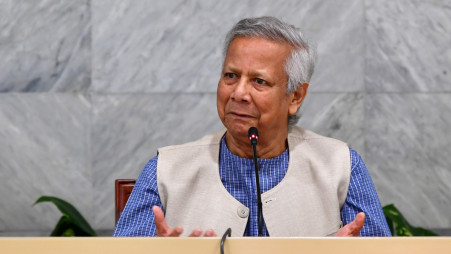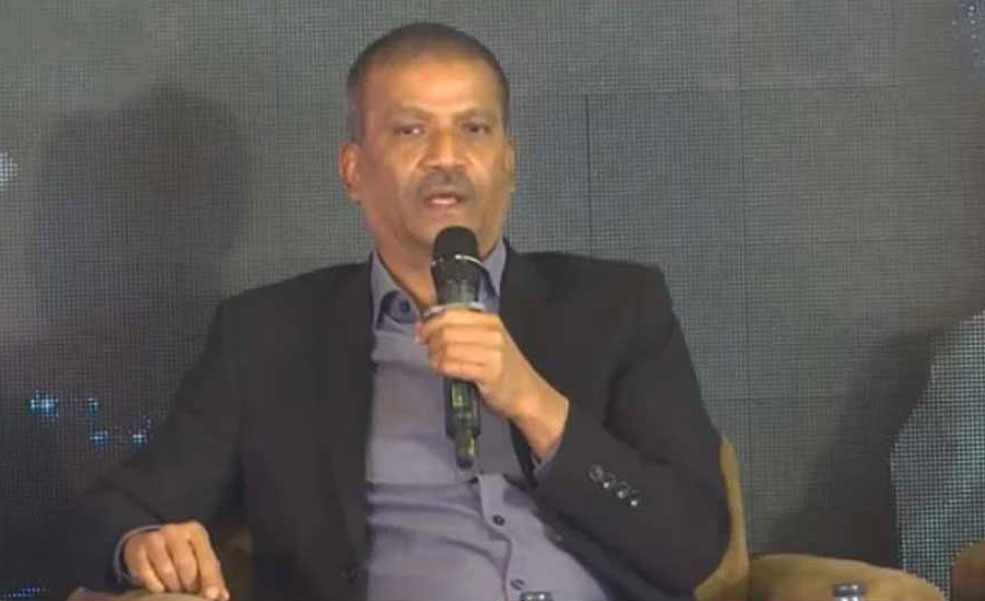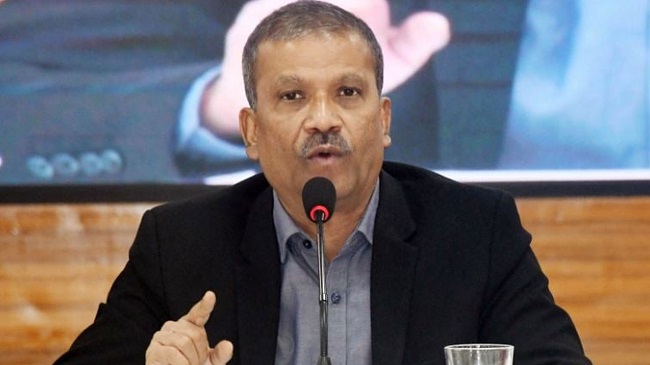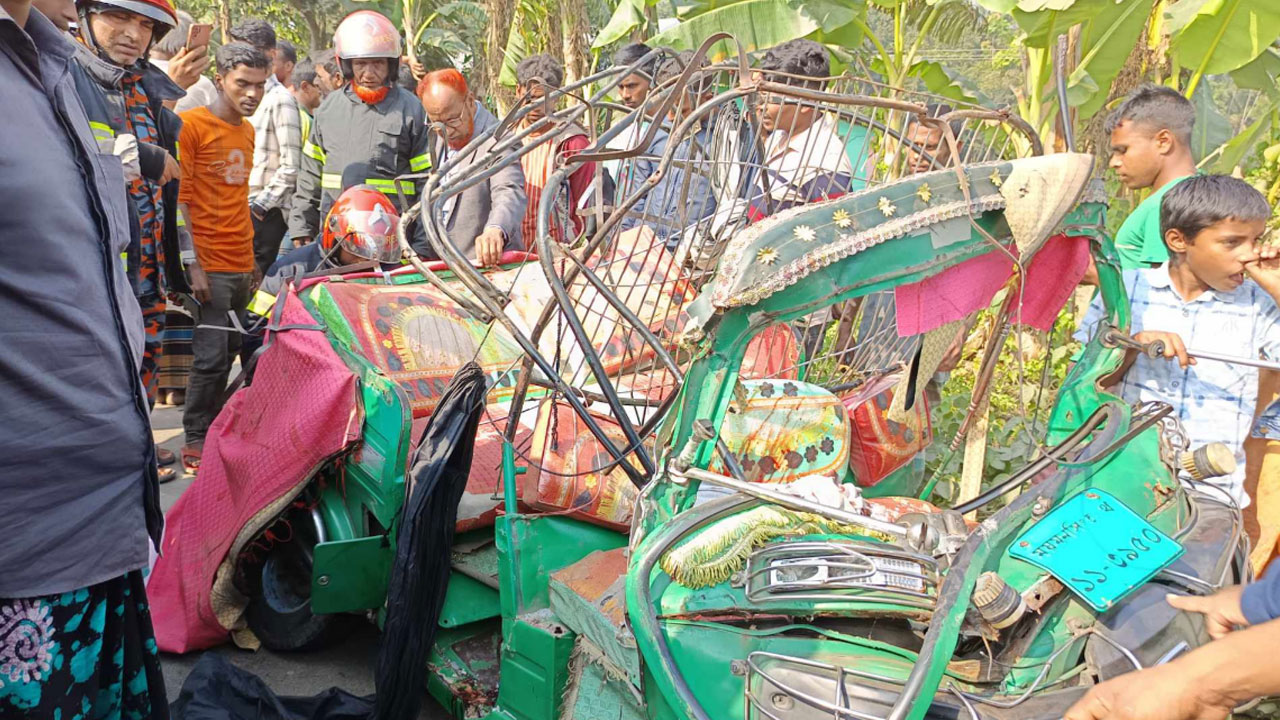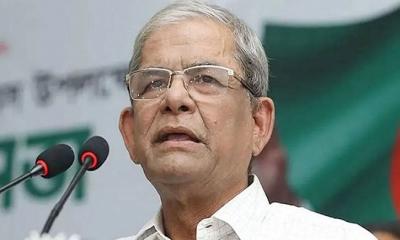The digital outbreak of misinformation about health, fitness and diets is threatening public health in Bangladesh as many lay people are acting on this information.
Such misinformation and sloppy advice spread largely via social media platforms, mostly Facebook and YouTube.
While it is wise to follow sound health advice to stay healthy and fit, the trend of obsession with health tips dished out on online platforms and blindly following them is alarming, experts said.
‘It’s an alarming trend that appears to be a public health threat,’ said National Institute of Preventive and Social Medicine director Baizid Khoorshid Riaz.
‘Some people posing as health experts are flooding social media outlets with sloppily formulated misinformation about health, fitness and diets and many ordinary people are embracing them only to face dire health consequences,’ he said.
‘Such information undermines doctors’ response to patients and endangers preventive and social health, affecting public health, he added.
After someone with shallow and incomplete knowledge of a health problem posts some advice or solution on a social-media platform lay people without verification accept and start practising them.
At some stage, in many cases, they end up facing serious health consequences.
So-called experts post health-related contents on Facebook and YouTube to earn money online as more viewers of online platforms mean more money generated.
Such experts also resort to advertisements to promote sales of dietary products like canned foods, juice, vinegar, vitamins, proteins and food supplements, leading to a buying spree among their followers.
Mariam Jamila, a housewife living in Khulna who followed YouTube advice about a ‘healthy diet’ by a popular YouTuber, recently underwent an endoscopy after developing severe stomach pain.
Her doctor found that she developed stomach ulcers due to an unhealthy dietary habit, with her stomach empty for most of the time each day and taking certain foods suggested by the video.
‘I took up the YouTube advice to reduce weight. I stopped eating rice and took some raw vegetables and fatty foods for a few weeks,’ she said.
‘After I started having pain in my stomach, I had to go to the doctor only to learn that I have developed ulcers in my stomach,’ she said.
Mariam, who has recently undergone surgery for cure, said that the YouTube video content creator claimed to be a doctor who worked for a reputed organisation with expertise in diet.
‘I trusted him and did not verify his identity or second-check his advice with any professional doctor,’ she said. A private bank executive, Hasan Ali, from Khilgaon in the capital was another victim of social-media misinformation.
He said that he wanted to enhance his muscles to gain appreciation from his colleagues.
He had meanwhile found contents on a social media platform about how to develop muscles.
‘I became a member of a gym, started going there and was taking some canned proteins and stimulus…but three months later I found that I developed a problem in the kidney,’ Hasan said.
BIRDEM Hospital nutritionist Shamsunnahar Nahid Mohua said that she received about 30 patients a month who were in need of hospitalisation after they followed such advice from online contents.
Some patients were on keto diet, some on intermittent diet and some were trying to gain muscles, she said.
‘Such unscientific and wrong advice or tips are costing them dearly,’ said Shamsunnahar.
‘They end up developing heart or kidney complications or having a fatty liver leading to cancers and thus losing their productivity and counting more medical expenses,’ she added.
Many of the patients that come to her, Shamsunnahar said, are found taking food supplements as prescribed by so-called online-based health experts.
‘It gives us a dangerous picture. Many people are taking unsafe food supplements that will harm their health after a certain period,’ she said.
Under certain conditions, the Bangladesh Medical and Dental Council allows telemedicine and online-based medical education and counselling by registered doctors using online platforms like apps, websites, Facebook, messenger and WhatsApp.
‘Registered medical doctors shall maintain all patient records, including case histories, investigation reports, images, etc. as appropriate,’ said the BMDC Telemedicine Guideline 2020.
‘Telemedicine consultation should not be anonymous: both the patient and the registered medical doctor need to know each other’s identity,’ it said.
But, experts said, some people with profit motive prepare contents on popular issues like health, fitness and diets and release them via social media outlets.
Sometimes content creators copy their contents from Western sources but they are largely unsuitable from the perspective of health and life of Bangladeshis




